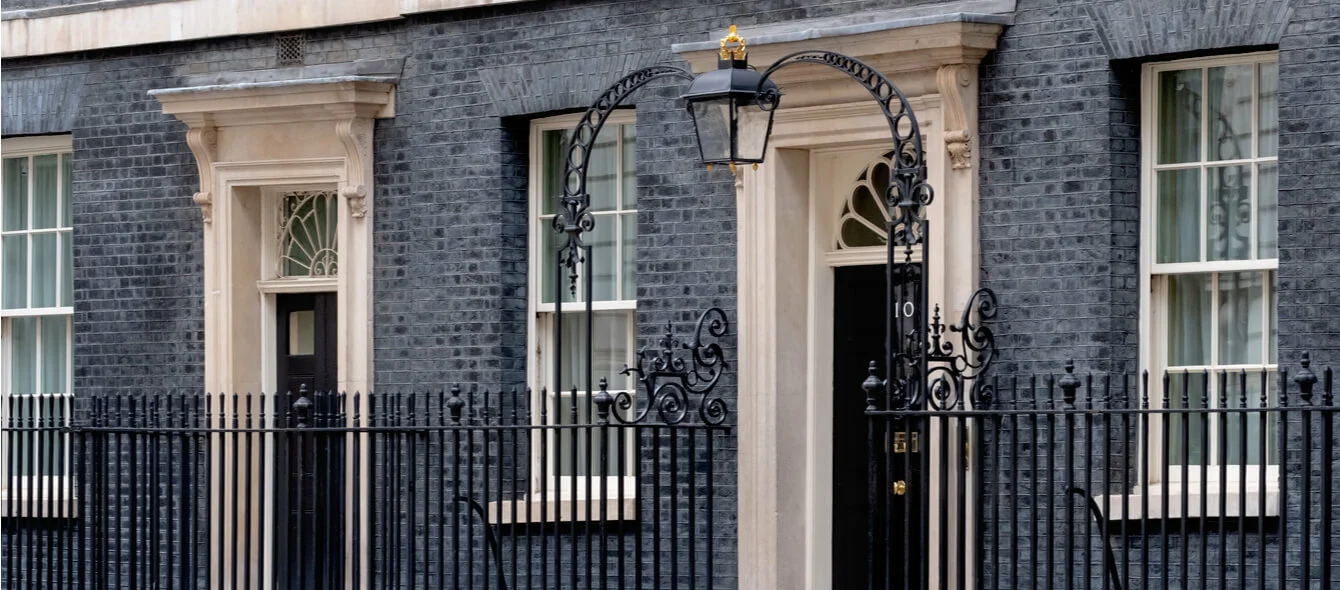The UK is to become the first G7 country to adopt a net zero emissions target for 2050, a goal in line with commitments made under the 2015 Paris Agreement to limit global greenhouse gas (GHG) emissions to 1.5°C above pre-industrial levels. This supersedes the former goal of an 80% reduction by 2050, intended to limit the rise in global temperatures to 2.0°C.
The new target will be adopted by a statutory change to the 2008 Climate Change Act and reflects a recommendation made by the UK’s Committee on Climate Change (CCC), which earlier this year outlined how far-reaching change will need to be to reach the net zero carbon target.
Power sector companies like RWE are already on board, having declared the ambition via European industry body Eurelectric of achieving a net zero emissions power sector by 2050.
Transition acceleration
The concept of net zero emissions means some GHGs will still be produced, but they will be compensated for by tree planting, Carbon Capture Utilisation and Storage (CCUS) technologies and other carbon offset schemes. However, the key focus will be on reducing GHG emissions economy wide. In addition to the use of more low carbon electricity and the adoption of electric vehicles, the UK will need to develop and implement policies to support increased energy efficiency in buildings and low carbon heating, as well as supporting sustainable hydrogen production and CCUS, according to the CCC.
International cooperation will also be required through carbon credit schemes and carbon trading via mechanisms like the EU Emissions Trading System. Taking a leadership position carries risk, as well as presenting new greentech opportunities. An accelerated energy transition in the UK may impose costs on industry affecting its competitiveness, if other countries do not follow suit.
Change will have to extend beyond the formal energy sector into areas like aviation, forestry, agriculture and social policy. Under a net zero target, the CCC, for example, assumes a 20% reduction in the consumption of lamb, beef and dairy products by 2050 as consumers change to more environmentally sustainable diets.
Net zero emissions need to become an economic goal
According to the International Energy Agency (IEA), stabilising carbon globally by 2050 will require $3.5 trillion in energy sector investment every year for decades, twice the current rate. As Bank of England Governor Mark Carney pointed out in his ‘A New Horizon’ speech in March, this will need clear public policy frameworks to mobilise investment. In effect, net zero emissions need to become an economic goal with GHG monitoring gaining a similar status to financial targets.
The UK has already made substantial progress in reducing GHGs, as outlined in a report on the country’s energy policy by the IEA published earlier in June, but while past progress has been good, further gains become increasingly challenging. The IEA warned that policies were not yet in place to reach the country’s former 80% by 2050 reduction target, indicating the additional urgency represented by the new net zero goal.
However, industry is already providing solutions. Eurelectric last year concluded that it was possible to achieve a 95% reduction in emissions across Europe by 2050, if there is “in-depth electrification” of the whole economy. The cost of this transformation would be offset by falling costs for renewable energy such as onshore and offshore wind and solar, as well as the higher efficiency of electrical solutions compared with conventional technologies in most applications.
According to Eurelectric, only 22% of final energy consumption in the transport, industry and buildings sector is currently provided by direct electrification. Under its 95% reductions scenario, this would have to rise to 60%, underlining the need for early policy formulation to put the UK on a pathway to meeting its new net zero emissions target.
Photo credits: Lois GoBe, shutterstock.com
